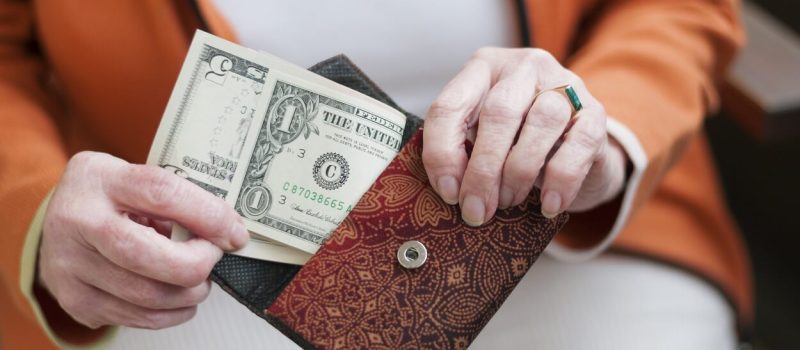The one-year deadline for nursing home residents on Medicaid to spend down their first round of stimulus checks is here, but they may have a little extra time.
In March 2020, the Coronavirus Aid, Relief, and Economic Security (CARES) Act authorized $1,200 stimulus checks to most Americans, including Medicaid recipients. Another round of $600 checks was authorized in December 2020, and $1,400 checks were ordered in February 2021. The stimulus checks are not considered income for Medicaid recipients, and the payments have been excluded from Medicaid’s strict resource limits for 12 months.
While the one-year deadline for spending down the first round of checks is here, another COVID-19 bill gives beneficiaries more time. The Families First Coronavirus Response Act passed in March 2020 provides that if you were enrolled in Medicaid as of March 18, 2020, the state cannot terminate a recipient’s benefits even if there is a change in circumstances that would normally cause the benefits to be stopped. The law states that the recipient’s Medicaid coverage must continue through the end of the month in which the Secretary of Health and Human Services declares that the public health emergency has ended. The public health emergency is set to end April 20, 2021, but it will likely be extended.
While Medicaid recipients may have a little extra time, they shouldn’t delay too long in spending down the money if it has pushed them over the resource limit, which is $2,000 in most states. The following are examples of what a Medicaid recipient may be able to spend the money on without affecting their eligibility:
- Make a payment toward paying off debt.
- Make small repairs around the house.
- Update personal effects. Buy household goods or personal comfort items. Buy a new wardrobe, electronics, or furniture.
- Buy needed medical equipment, see a dentist or get eyes checked if those items aren’t covered by insurance.
While Medicaid recipients usually cannot gift money or assets and remain eligible for benefits, recipients in at least some states should be able to make gifts from the stimulus money during the first 12 months following receipt. If you have questions about how you or a family member in a nursing home can spend the money, contact your attorney.


